You feel fine, so you wonder if it’s even necessary
You don’t have a fever. You haven’t lost weight. You can still get through your day. You’re tired, but so is everyone. You push a few things aside. You cancel plans here and there. You move slower in the morning, but you think that’s just age. You forget your last physical. Maybe it was last year. Or maybe longer. Either way, you feel mostly fine. And that becomes the reason you almost don’t go.
But something inside you doesn’t delete the reminder
It sits there on your calendar. You move it forward, not because you’re avoiding it—just unsure. You tell yourself, “If I feel worse, I’ll go.” But worse never comes. Not dramatically. It just lingers in quiet ways. You forget how long you’ve been bloated. How often your hands ache. How your sleep changed. You don’t think of those as symptoms. You think of them as life.
You rehearse how you’ll say you’re fine
You sit in the waiting room thinking about what not to say. You’ll just answer what they ask. You’ll say “No” to everything. You’ll get your vitals, maybe your blood drawn. And then it’ll be over. But when the nurse starts asking questions, you notice how often you pause. How often you say, “Kind of,” or “Not really,” or “I guess.” You’re not lying. But you’re not telling the full truth either.
You remember how long you’ve been tired
Not exhausted. Just… low. Like someone slowly turned down the brightness inside you. You’ve adjusted to it. You wake up slower. Your limbs feel heavier. You stay up later because you dread the next morning. It’s not urgent. But it’s always there. A shadow that’s followed you longer than you admit. You only recognize it now, because someone asked the right question.
They ask how you’ve really been sleeping
You say “Okay,” but then you pause. Because that’s not true. You wake up often. Sometimes from nothing. Sometimes from dreams that feel like panic. You fall asleep late. You stare at the ceiling. You feel your heart in your throat. You breathe shallow. You don’t call it anxiety, because you don’t want it to be. But the doctor doesn’t label you. They just listen.
You didn’t come here for answers—you came here to ask better questions
They check your throat. Your skin. Your joints. They ask if anything hurts when they press. You shake your head. But you flinch a little. You forgot about that spot. You’d gotten used to adjusting for it. You lift your arm differently now. You sleep on the other side. You work around pain so quietly, you don’t remember when it started.
You say “it’s probably nothing,” but they still take note
You point to a mole that looks different. Or maybe a bump on your leg. You say, “I wasn’t even going to mention it.” But they lean in. They measure. They mark it down. They don’t scare you. They don’t dismiss you. They just keep paying attention. And suddenly, you feel lighter. Because someone else is watching with you.
They remind you of what you forgot to track
Your blood pressure’s changed. So has your weight. Slightly. Nothing serious. But it’s not the same. They compare your labs from last year. Your cholesterol moved. Your iron dropped. You didn’t notice. Because it wasn’t dramatic. But they did. Because they’ve seen you before. And your “normal” is something they remember even when you forget it.
They ask about your family, your work, your sadness
You laugh. “I’m fine.” But your voice changes. They don’t press. They just leave space. You fill it. Slowly. You talk about stress. About not calling your sister. About how food tastes like paper sometimes. About how long it’s been since you felt sharp. You don’t realize how much you needed to say it until it’s already said.
You don’t always need treatment—you just need to be seen
You leave the appointment with no prescriptions. Just notes. A plan. Maybe bloodwork. Nothing urgent. But something shifted. You feel steadier. Like your body has a witness again. Like you’ve turned the light back on in a room you were walking through in the dark.
You don’t go to be fixed—you go to be followed
So next year, when the reminder comes again, you won’t hesitate. Because now you know. Annual check-ups are not about illness. They’re about staying close. To yourself. To your patterns. To the small changes that only show up when someone is still looking. Even when you stop paying attention.
